A student's guide to living in Washington
Table of Contents
Introduction:
Washington, D.C., the capital of the United States, is a vibrant city known for its rich history, political significance, and diverse culture. Officially called the District of Columbia, it’s not part of any state and was specifically created to be the seat of the federal government.
The city is home to iconic landmarks such as the White House, the U.S. Capitol, and the Washington Monument. Visitors also flock to the Smithsonian museums and the National Mall, a spacious park that hosts memorials to historic figures like Abraham Lincoln and Martin Luther King Jr.
Living standard:
Living in Washington, D.C. can be expensive, as it’s one of the more costly cities in the U.S. The cost of living varies based on the neighborhood and lifestyle, but here’s a general breakdown:
● Housing: $1,800–$2,500
● Utilities: $150 and $250
● Food & Groceries: $300–$500/month
● Transportation: $80–$150
● Health Insurance: $300–$500/month
Life as an international student:
Life as an international student in Washington, D.C. can be exciting, challenging, and rewarding. The city offers a unique mix of opportunities and cultural experiences, but there are a few factors to consider when living here as an international student.
1. Cultural Diversity and Global Exposure
2. Education
3. Living Costs
4. Visa and Work Regulations
5. Healthcare and Insurance
6. Weather
7. Social Life and Leisure
8. Support Services
Top Universities:
Washington, D.C. is home to several prestigious universities, known for their academic rigor, strong research programs, and influence in various fields, especially in government, law, and international relations. Here are some of the top universities in the area:
Georgetown University
It’s one of the oldest universities in the U.S., known for its strong programs in international relations, law, business, and political science. The School of Foreign Service (SFS) is particularly well-regarded and attracts students from all over the world.
The George Washington University (GWU)
GWU is known for its proximity to the U.S. government and offers outstanding programs in public policy, international affairs, law, and business. The university’s location gives students access to countless internship and networking opportunities.
American University
American University has a strong reputation in public affairs, political science, international relations, law, and business. The School of International Service (SIS) is particularly renowned, offering specialized programs in global studies, conflict resolution, and diplomacy.
Howard University
One of the oldest historically Black universities in the U.S., Howard University is highly regarded for its strong programs in the liberal arts, law, health sciences, and social sciences. The Howard University School of Law and the College of Medicine are particularly distinguished.
The University of the District of Columbia (UDC)
UDC is a public university offering a wide range of programs, including law, business, and education. It’s known for its commitment to serving the local community and providing affordable education to residents of D.C.
The George Mason University (GMU) – Arlington Campus
Though located in Virginia, George Mason University is an important academic institution for students interested in public policy, law, and business. Its proximity to D.C. makes it an excellent choice for students seeking internships and jobs in government and the private sector.
Economic stability:
Washington, D.C. generally enjoys a high level of economic stability, and it stands out in comparison to many other U.S. cities. Several factors contribute to this stability, including the city’s strong economy, diverse job market, and resilience to economic downturns.
Washington, D.C.’s economy remains one of the most stable in the U.S., thanks to a combination of factors such as its reliance on government employment, a diverse economic base, and its status as a global political and business hub. This stability is attractive to residents and businesses alike, contributing to the city’s resilience even during times of economic challenge.
Conclusion:
Washington, D.C. is the capital of the United States, known for its rich history, political significance, and cultural diversity. The city serves as the seat of the federal government, housing iconic landmarks like the White House, U.S. Capitol, and Lincoln Memorial, as well as numerous museums and historical sites, many of which are part of the Smithsonian Institution.

